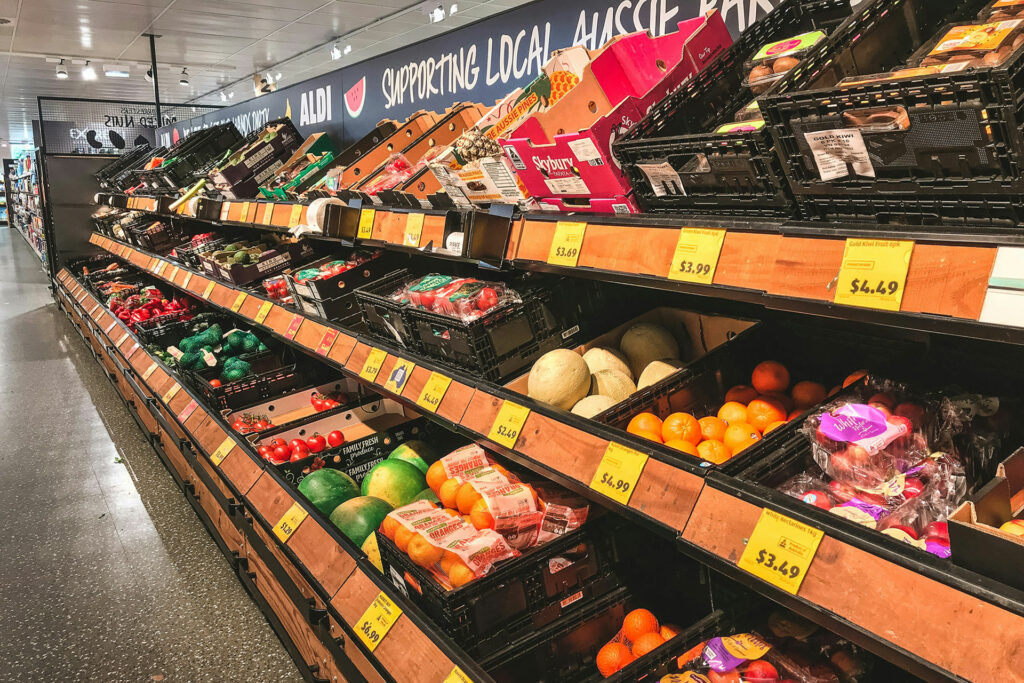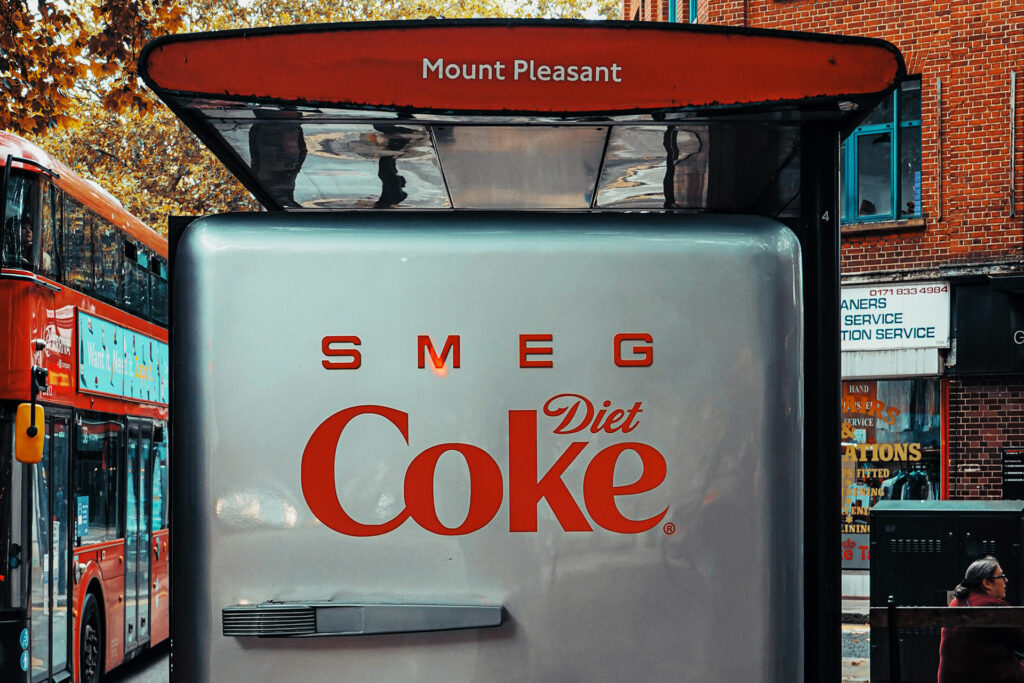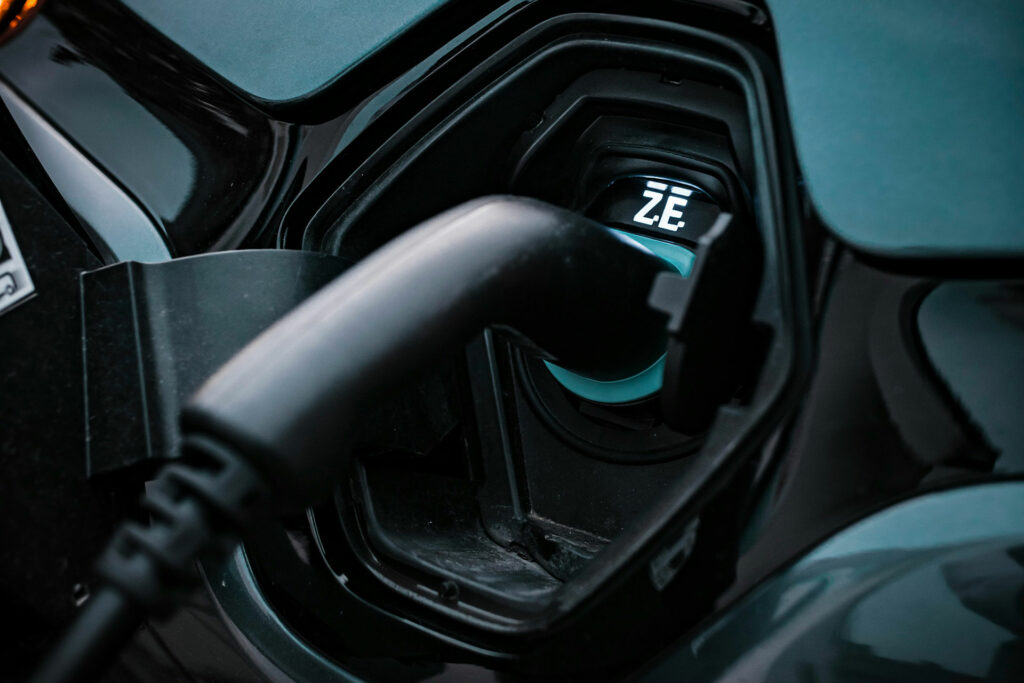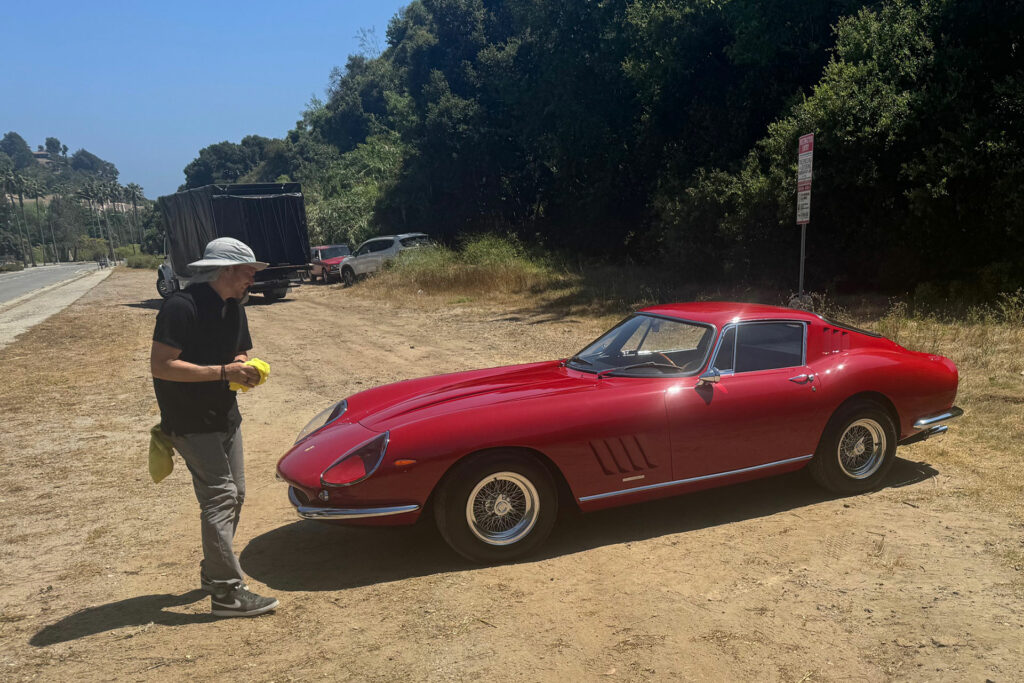The first installment of this How to Creatively Save Money to Buy Audiophile Gear (read it here) was quite popular, so we are back with some more ideas on how to stash some dough away for that new streamer, turntable, DAC, stereo preamp, GaN amp, or new speakers. We talk a lot about the next generation of audiophiles here at FutureAudiophile.com and, for some younger readers, the allure of “experiences” often outweighs that of “hard assets” like audiophile gear. When one realizes that even a starter audiophile system is, in effect, an experience machine, it makes the appeal of owning a better audiophile system even greater. The problem is the assumption that we all have unlimited amounts of money to invest in the hobby.
The reality is that most audiophiles have to work hard and get creative to find ways to raise the cash needed to make that next key audiophile acquisition. We understand you, and we are here to help with some more tips, tricks and concepts that can help you make your next upgrade.

Audiophile Saving Tip No. 1: Embrace “Whole Paycheck” When Grocery Shopping
I will admit to you that for years before the pandemic, I rarely look at prices in the grocery store. Things cost what they cost for the most part, and I normally did my bi-weekly shopping trips at some of the fancier grocery stores in Los Angeles, including Gelson’s and Bristol Farms. These stores, especially Bristol Farms, are very experiential and a bit foo-foo, which I tend to like. They have well-sourced meat sections. Their California produce is always impressive. Their staff is ultra-helpful and they charge prices that are commensurate with said higher-end products and services.
It was early in the pandemic, say, April 2020, that things changed radically. Products that we took for granted were out of stock. Food and other items were being hoarded. If you needed something like, say, Quilted Northern toilet paper (the best by the way), you might have to really hunt to find some. This got me going to different grocery stores to find what I needed. Lessons learned from changing things up in my grocery shopping routine taught me that the more boutique grocery stores charge a good percentage more for stock items than more mainstream stores like Vons (that’s our version of Safeway). A box of eight Pellegrino drinks is $6 at Vons (with their club code – aka: your phone number), when the exact same box of drinks is closer to $9 at Gelson’s or Bristol Farms. Butter is a few bucks less at Vons, versus the fancy places. Canned and pre-packaged items are almost always less money and, for things bought in bulk (Diet Coke is one for me), they have sub-Costco prices for items that have better packaging. I’ve seen the light on where Vons factors into the pantheon of grocery shopping and, with Costco at least 45 minutes away by car, Vons delivers some of that bulk shopping experience more easily and locally.
Factor in pandemic-inspired inflation, and the grocery store leaves a lot of room for cost engineering if you get a little out of the box. My New York friends got the term “Whole Paychecks” stuck my mind when talking about Amazon’s Whole Foods. Pre-pandemic, I was not really a big fan of Whole Foods, in that they didn’t sell some key mainstream items like Coke products, but it was the fact that Whole Foods isn’t as gourmet as, say, Bristol Farms that turned me off back then. What got me to reconsider my position years into the pandemic/inflation era is my two-and-a-half-year-old. You see, the BEST playground for him (fire truck-themed and pretty awesome) is next to the new Whole Foods in nearby Malibu. Parking spots are ample and wide, while the new Whole Foods store is super-easy to navigate. What I learned is that Amazon Prime members get major, meaningful discounts on everyday items that really add up. Whole Foods has great produce. Whole Foods has pretty good meats – perhaps a 9/10 versus Bristol Farms, which I would rate a 10. They are good about disclosing the sources of their food (for example: we don’t eat farm-raised fish after watching a 60 Minutes expose on farm-raised salmon), and they have great promotions. They keep things fresh and they keep the costs lower – often by half or more.
When doing budgets recently, my beloved bookkeeper pointed out just how deep into the five figures our family’s (meaning my) spending is on groceries. Factor into that I don’t drink alcohol anymore, and that spend should be below $30,000 per year (I was blown away by that number), but it isn’t. What has been saving the bacon, if you will, is finding ways to buy in bulk or at more competitive prices. and Whole Paycheck seems to understand this better than other grocery stores. For example, Tate’s (very tasty) thin-and-crispy cookies from The Hamptons are sold everywhere around here in their green bag. Most fancy stores sell them for $6.99. Whole Foods sells them for $3.59. DeCecco Pasta, in the blue box, is half the price at Whole Foods. Amazon-packaged products are even less money, such as their pretty awesome Caribbean-themed popsicles for $3.69, versus Outshine ones (a national brand) at closer to $7 per box.
With five mouths to feed at home, I am finding it hard to spend more than $200 per trip to Whole Paycheck. And now that I am paying more attention to the cost of things, it is easy to see how you could save a few grand on groceries by paying attention, without giving up on any real quality or luxury. Sometimes, you just need to shake things up a little and take a fresh approach to your spending – especially when it puts a new high-end audiophile DAC in your equipment rack by the end of the year.

Audiophile Saving Tip No. 2: Earn Points Like a Pro When You Spend
There are only a few things (not very many) that I do really well in this world. One of them is being a bit of a “credit card whisperer,” meaning that I read blogs and sites that talk about advanced game strategy on how to accrue and ultimately spend points when making purchases on your credit cards. I’ve had the benefit of working with some professionals on this topic. They take things to the next level, and there is no reason why you can’t use your miles to buy audio gear.
In my world, I spend almost all of my points on travel in that, at my size (6 foot 3 and 250 with very wide shoulders), I don’t fit very well into a normal coach airplane seat. Travel perks are where the fine art of credit card points comes into focus, but you can use your miles or points on whatever you like, and we all like audio. First thing is to sign up for the right credit card. as there are a number of good options. I personally have a deep distaste for banks, and every time that you can use their money to your advantage, there is a special level of pride that should come from that act. With my bank hatred now well-established, the credit card bank that I tend to work with the most is Capital One. Why? Double points on every dollar spent adds up pretty quickly for someone like me, who spends a good amount of money on both personal and business expenses, as I have a Capital One Venture Card for each category of spending. The fees on Capital One cards are high, not crazy-high like AMEX Platinum (or especially AMEX Centurion), but they are likely worth it when you start racking up 2x per dollar spent in points. The next advantage is that you can use your miles to take money off of your bill. That’s how you can turn points earned from everyday spending into audio gear. While using your miles on travel might get you a little bit more value for your points, the ability to buy something fractionally on points is a big advantage. Not everything is included, but often consumer electronics are. Travel always is also good for points. The same goes for Apple purchases. Either way, it is unlikely that you don’t have expenses that could be wiped out on your Capital One card with points, even if your new speakers somehow don’t apply. And using the miles is beyond easy … you can do it online, but I recommend calling up the card as the U.S.-based staff (thankfully based in Tampa, and all speaking rock-solid English) are more than willing to help you get the most benefit from your cards.
Putting big-ticket items on your card that you might pay with a check can really help grow your collection of miles that you can later use for audio gear. I pay my $28,500 in property taxes to the State of California every year via Capital One. I pay my brutal country club dues all in February every year on Capital One. I also pay for my younger son’s private school on Capital One. I pay for EVERYTHING at the publication, as well as most of my personal expenses, on Capital One, thus often leaving me with a few hundred thousand points, which can result in a very powerful financial tool.
This spring, I used up a year’s worth of miles on audio-related travel, which is sort of a double-down. Getting to Munich is painfully expensive, and I had never been to the show. Business Class on Lufthansa was, at its lowest price, $8,650 to Munich on an Airbus 380. That’s just not worth it for an audio show, unless I am closing multiple ad deals, and that’s not really how trade/consumer AV shows work. What I did was fly on Condor (a spin-off of Lufthansa) to Frankfurt, and then connect to Munich on Lufthansa. That ticket was $3,750, and got me the lie-flat sleeper seat, which makes all the difference when flying 11-plus hours to Europe from Los Angeles. I was able to wipe out the entire cost of the flight with Capital One points. To be clear, this wasn’t the best use of points, in that the really high-level way to use points is to transfer them to other Capital One partner airlines, and use their non-American (meaning they take less miles for a good seat on their plane) programs. In this case, I spent more time that I am willing to admit trying each and every partner program for my Capital One points. Turkish Airlines was a top option, but they didn’t have the phone or chat support that made me feel comfortable making the deal. I couldn’t transfer miles into Lufthansa, but they offered the $8,650 ticket for 100,000 total miles (that’s very low, comparatively speaking, for an international business class ticket, especially from Los Angeles to Europe). The problem is that I couldn’t get any miles into them, not United Miles, which is a partner (I got a good bunch of those, too, as tickets are 5x the miles when you use their card that, for $550 per year in fees, also gets you into the clubs) or AMEX miles. Many of the biggest airlines don’t take the incoming miles, but plenty do. The reality is that if I skipped Munich (I had never been and I really wanted to go this year), I could have bought myself something really, really solid for my audiophile system with those points. And you can do the same thing when you get tuned-in to how to make your money work for you in creative ways. It can be like a game and, perhaps like me, you will find it fun to have the bank pay for your new preamp.

Audiophile Saving Tip No. 3: Cutting Out Expensive and Unhealthy Items from Your Life
I foolishly drink Diet Coke. I’ve given it up before and I know that I likely need to do it again. About a year ago, I gave up drinking booze, and that saves money at the grocery store, but that doesn’t really show up on the ledger, because of other inflationary pressure on the grocery bill. I’ve given up Diet Coke before, and remember when I fell off the wagon on a flight back to L.A. with the delivery of an unsolicited (and delicious) chemically-loaded diet beverage. The ill effects of Diet Coke have been explained to me by experts. Beyond the gross amount of chemicals in Diet Coke, there is the aspartame which, according to my doctors, creates insulin in the pancreas unless you eat something along with your soda.
That’s how the experts say that diet soda makes you fat, versus sugary drinks. Those are just loaded with traditional calories, thus they can make you fat, too, but in a different (less delicious) way. The cost of making a pot of iced tea is close to zero, versus a dozen cans of soda which can cost $8 to $10 per batch, thus almost a dollar per can. Imagine saving three bucks a day by not drinking cans of soda anymore? The health benefits are one thing, but you likely just saved yourself another roughly $1,000 per year that you can apply to your audio system.

Audiophile Saving Tip No. 4: Is It Time for an EV Yet?
Fellow audiophile writer Paul Wilson and I talk about exotic cars a lot. I just sent him a photo of when I was picking my older son up from summer engineering camp last Wednesday. Right on my street, I ran into two guys who parked a 1967 Ferrari 275 GTB in Rosso Forte (red) in the dirt at the bottom of my hill. They were taking photos for the brochure for the Gooding Auction at the upcoming Pebble Beach Concourse. That was a hell of a sighting and worthy of a text, then a call, to Paul.
Other recent conversations about cars with Paul have circled around the concept of EVs (electric vehicles). The federal and state tax credits on these electric cars can be around $7,500 currently, which, if you lease or are buying a car now, could potentially lower your overall car payment, thus more ways that you could potentiallyy upgrade your daily ride, emit less CO2 and save money for your audio system. A buddy of mine just helped his college-aged son lease a new, pretty cool Hyundai EV that has a lot of cool features and a range of over 330 miles. $1,500 down and under $200 per month on a 24-month lease is what it took to drive this pretty sweet car off the lot a few months ago. The best part in terms of finding ways to save money is that for the first two years (the term of the lease), the car comes with “free charging” at certain dealer-approved locations. While my friend’s son can make it from Westchester County (not far from NYC) to school in Binghamton (home of McIntosh) without recharging, he also can stop for a bite to eat, a pee break, and partially recharge his car at no cost. Tesla chargers are the fastest, but not everybody has access, let alone free access, to said charging stations. That means my buddy’s son never has to really pay for fuel for this car. As a non-EV owner who took a serious look at leasing one (I am not quite ready, but I am doing my research), dumping $5,000 a year in fuel costs could smartly be reinvested back into audio gear.

Final Thoughts on Saving Money for Audiophile Gear …
Saving money or earning more rewards on the money that you spend is just playing the game in a smart way. For many of us, if we had extra money, we would buy more or better audiophile gear. That’s just how us audiophiles roll. Being mindful of where and how we spend money can easily cut waste that can be reinvested back into the old audio fund.
Speaking of the audio fund, my first story on Saving Money for Your Audiophile System made an important point that needs to be made again. You really should open a dedicated account to stash “rainy day audiophile” funds. My favorite book on finance, David Bach’s The Automatic Millionaire (buy at Amazon), is a wise expenditure of $10 for a paperback, but its most important point might be the idea of automatically pulling savings from your main checking account in a way that isn’t easily canceled or overridden. Life and human nature will get you to stop saving for reasons that always seem reasonable at the time, but being consistent with your savings makes for an ever-growing audiophile investment account, and that makes dreaming of how to upgrade your audiophile system a heck of a lot more fun.
How do you save for audiophile gear? Do you save or just find a way to pay for things? Share with us your tips and advice. Finding a way to make buying more audio gear being less painful is a good thing. Comment below, as we love to hear from you.



